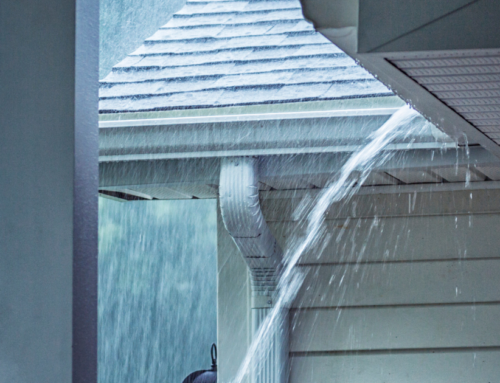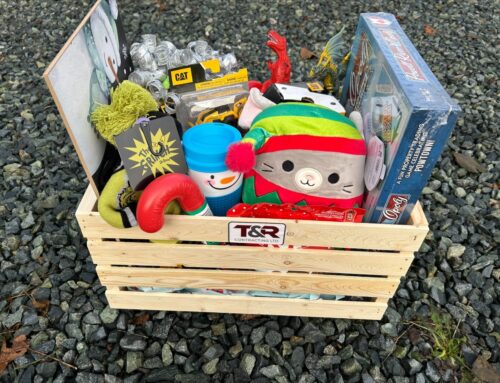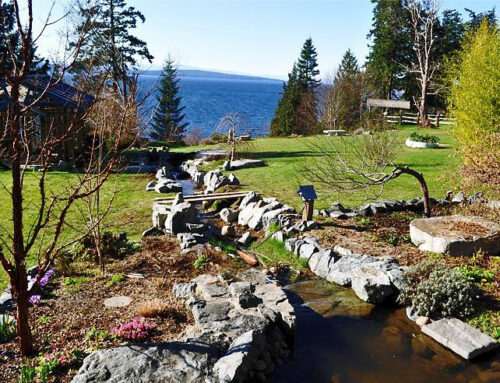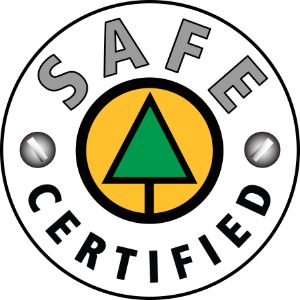Septic systems in Powell River
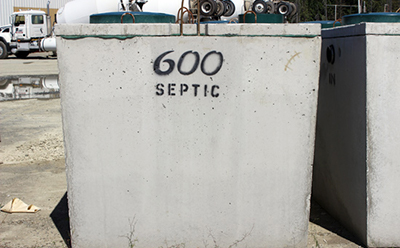
In many rural and smaller communities in BC, property owners rely on septic systems instead of
being connected to a municipal or city sewage system. This needs to be properly designed and filed with the local public health authority. There are rules and regulations on installing, upgrading and maintaining a private septic system. There are many septic systems in Powell River and we want to ensure you have all the information you need.
The owner of the onsite system must use the services of an authorized person to install, repair or make modifications to a septic system. Authorized people include registered onsite wastewater practitioners (ROWPs) and professional engineers. There are 4 categories of ROWPs: planner, installer, maintenance provider and private inspector.
Tips for onsite sewage system maintenance and service
To keep an onsite sewage system running smoothly, septic system homeowners in Powell River should regularly maintain and service it. They’ll need the help of a certified maintenance provider (ROWP) for this. If maintenance isn’t done properly, the system might fail, leading to expensive repairs and potentially contaminating local water sources, which could make people sick.
Having an accurate layout of the sewage system is crucial. This helps both you and your maintenance provider to understand how the system is set up. If your sewage system was installed under the Sewerage System Regulation, you should receive an ‘as constructed’ drawing from the installer.All sewage systems require continuous care. Owners should consider setting up an annual service contract with an authorized person. Typically, these systems need servicing every 2 to 5 years, depending on usage and daily sewage flow. Specific monitoring and maintenance guidelines can be found in the system’s maintenance plans or by consulting an authorized person.
When it comes to servicing the septic system in Powell River, remember:
- Always use a certified maintenance provider.
- Clean the septic tank in the spring, not the fall, to prevent leaving solids in the tank during winter.
- Avoid completely cleaning the septic tank; leaving a small amount of sludge helps renew bacterial activity.
- Follow the maintenance plan set out by the authorized person or installer.
- Use the system exclusively for sewage and wastewater disposal.
- Seek guidance from an authorized person if water pools up in the dispersal area.
- Prohibit vehicles, including snowmobiles, from driving or parking on the septic tanks or fields.
- Avoid flushing paints, solvents, or any toxic chemicals down the toilet.
- Avoid planting large trees or shrubs near the system to prevent root damage.
- Prevent roof and perimeter drains, and surface water from discharging onto or near the system.
- Avoid flushing non-decomposable or large objects down drains and toilets to prevent blockages. Avoid dental floss, grease, paper towel and sanitary products from going down your toilet and drains.
- Maintain the system regularly, especially during cold winter months.
- Prohibit large livestock from grazing on the dispersal area.
- Reduce flushing and water usage during power outages.
- Regularly maintain household pumps and pump stations; seek maintenance guidelines from the Regional District office.
T&R is a depot for Hyland Precast and we stock precast septic inventory, and can take orders for larger quantities. We have government certified septic tanks and advanced wastewater treatment systems.
Precast septic, waste and well water products:
- Government certified septic tanks
- Distribution boxes
- Manholes
- Oil separators
- Dry well sumps
- Catch basins
- Barrels
- Castings
- Detention programs
- Advanced wastewater treatment systems
- Rhino Septic
- Russ Septic
- Enviro Dig
- Rural Septic – Fun Fact – Dan Robinson used to be one of the owners of T&R Contracting!
“Come on by the office and we can help you with your septic plans, updates or repairs.” Brian Palmquist, GM T&R Contracting.



